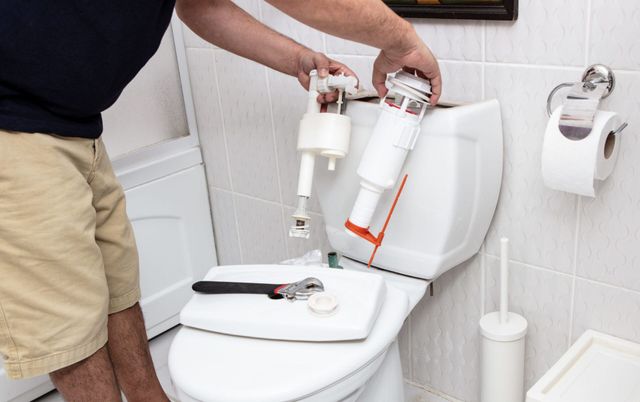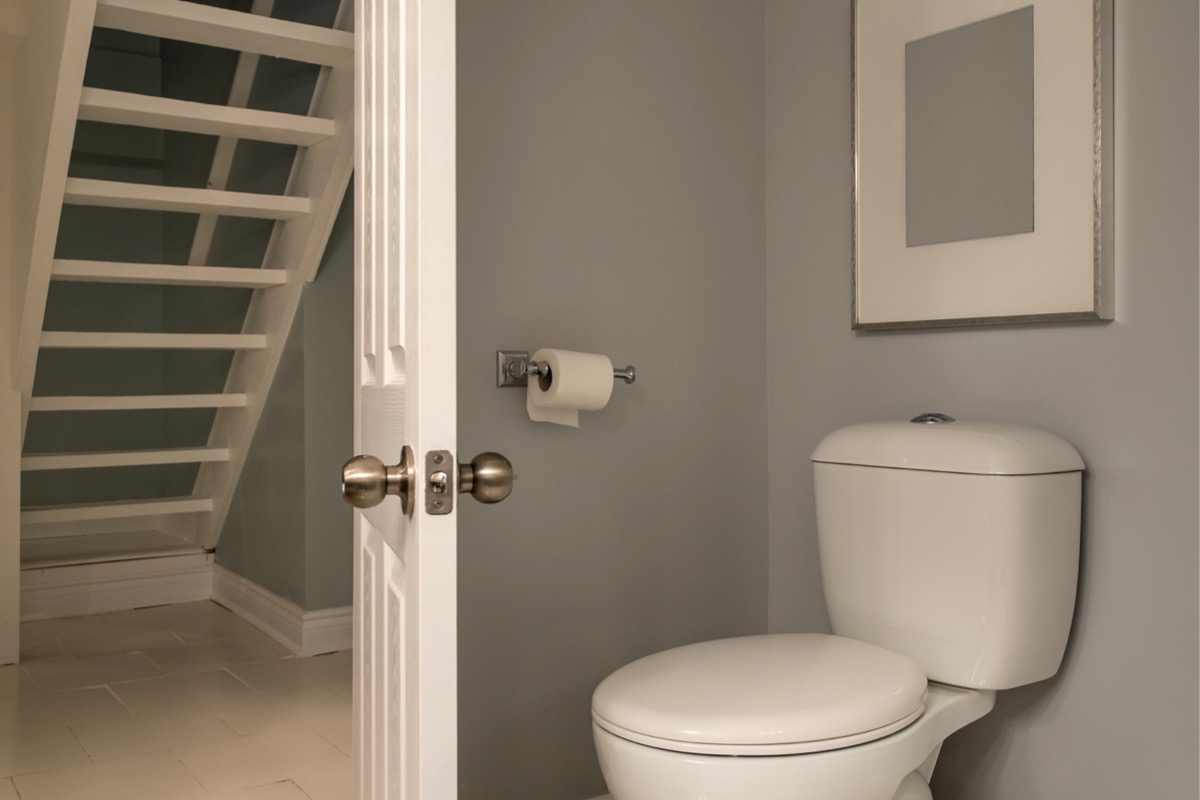First-Time Home Buyers: Tips on How to Maintain Bathroom Plumbing
First-Time Home Buyers: Tips on How to Maintain Bathroom Plumbing
Blog Article
Are you trying to find answers around General Plumbing Tips for New Homeowners?

For new homeowners, understanding and maintaining bathroom plumbing can save both money and time by protecting against costly concerns down the line. Below are some important restroom pipes tips to help you keep everything running smoothly.
Familiarize Yourself with the Main Shut-Off Valve
Recognizing where the major water shut-off shutoff lies in your house is vital. This permits you to promptly turn off the supply of water in case of major leakages or throughout pipes emergency situations, stopping considerable water damages.
Regularly Inspect for Leakages
Tiny leakages can result in huge issues. Frequently inspect under sinks, around bathrooms, and near plumbing components for any kind of indicators of leakages. Try to find moisture, small drips, or rust. Capturing and fixing leaks early can stop a lot more severe damage and save water.
Don't Disregard Slow Drains
If your sink or bath tub is draining pipes slowly, it's typically an indication of a blockage developing. Addressing this very early can stop a total obstruction. Make use of a bettor or a plumber's serpent to clean out particles. Prevent utilizing chemical drain cleansers as they can damage your pipes in time.
Know What Not to Flush
Commodes are not waste disposal unit. Prevent flushing anything apart from bathroom tissue and human waste. Products like wipes, feminine hygiene products, and cotton swabs need to be taken care of in the garbage to prevent clogs and sewage system back-ups.
Mount Strainers in Drains
Location filters in your sink and bath tub drains pipes to catch hair and various other particles before they enter your pipes system. Cleaning up the filters on a regular basis will assist stop build-up and keep water flowing openly.
Maintain Your Water Heater
Guarantee your water heater is set to an appropriate temperature level (generally about 120 degrees Fahrenheit) to avoid hot and decrease power usage. Flush the storage tank annually to get rid of sediment build-up, which can reduce the performance and lifespan of your heating unit.
Update Your Components
If your home has older fixtures, take into consideration upgrading to more reliable designs. Modern toilets, showerheads, and faucets are developed to make use of less water while giving good stress, which can considerably lower your water expense and environmental footprint.
Beware with DIY Pipes Repairs
While it's appealing to handle all home fixings on your own, be cautious with plumbing. Some concerns could require professional knowledge, specifically if they entail main water lines or sewer repair work. Working with a specialist can often be a lot more cost-efficient than DIY, especially if it stops additional damages.
Prepare for Cold Weather
Safeguard your pipes from freezing during winter by protecting pipelines in unheated areas like basements, attic rooms, and garages. Throughout severe cold, let cold water drip from taps served by subjected pipelines to help prevent freezing.
Schedule Regular Maintenance
Think about scheduling yearly evaluations with a licensed plumbing technician. They can identify issues that you may miss, such as surprise leakages or damage on pipelines and fixtures. Normal maintenance assists expand the life of your pipes system and can prevent emergencies.
Final thought
Understanding and preserving your home's restroom pipes can avoid lots of typical concerns. By following these important suggestions, you can guarantee your washroom remains functional and reliable, conserving you time and money in the long run.
Essential Plumbing Tips for Homeowners: Keep Your Pipes Flowing Smoothly
As a homeowner, understanding the basics of your plumbing system can save you time, money, and a lot of headaches. Plumbing issues can range from minor annoyances like dripping faucets to major problems like burst pipes that cause significant damage. This guide provides essential tips to help you maintain your plumbing system and tackle common issues.
Understanding Your Plumbing System
Supply System: Brings fresh water into your home from a municipal source or a well. Drain-Waste-Vent System: Removes wastewater and vents sewer gases outside. Fixtures and Appliances: Includes sinks, toilets, showers, dishwashers, and washing machines. Basic Maintenance Tips
Regular Inspections: Periodically check for leaks, corrosion, and other signs of wear and tear. Look under sinks, around toilets, and near water heaters. Know Your Main Shut-Off Valve: In case of a major leak, you’ll need to shut off the water quickly. Ensure everyone in your household knows where the main shut-off valve is located. Prevent Frozen Pipes: In cold climates, insulate exposed pipes and let faucets drip during extreme cold to prevent freezing. Use Strainers: Install strainers in sinks and tubs to catch hair, food particles, and other debris that can cause clogs. Common Plumbing Issues and Solutions
Clogged Drains:
Prevention: Avoid pouring grease down the drain and use drain screens to catch debris. DIY Fix: Use a plunger or a plumbing snake to clear minor clogs. For stubborn clogs, a mixture of baking soda and vinegar can sometimes help. Leaky Faucets:
Prevention: Replace washers and seals regularly. DIY Fix: Turn off the water supply, disassemble the faucet, and replace worn parts.

Further Details Report this page